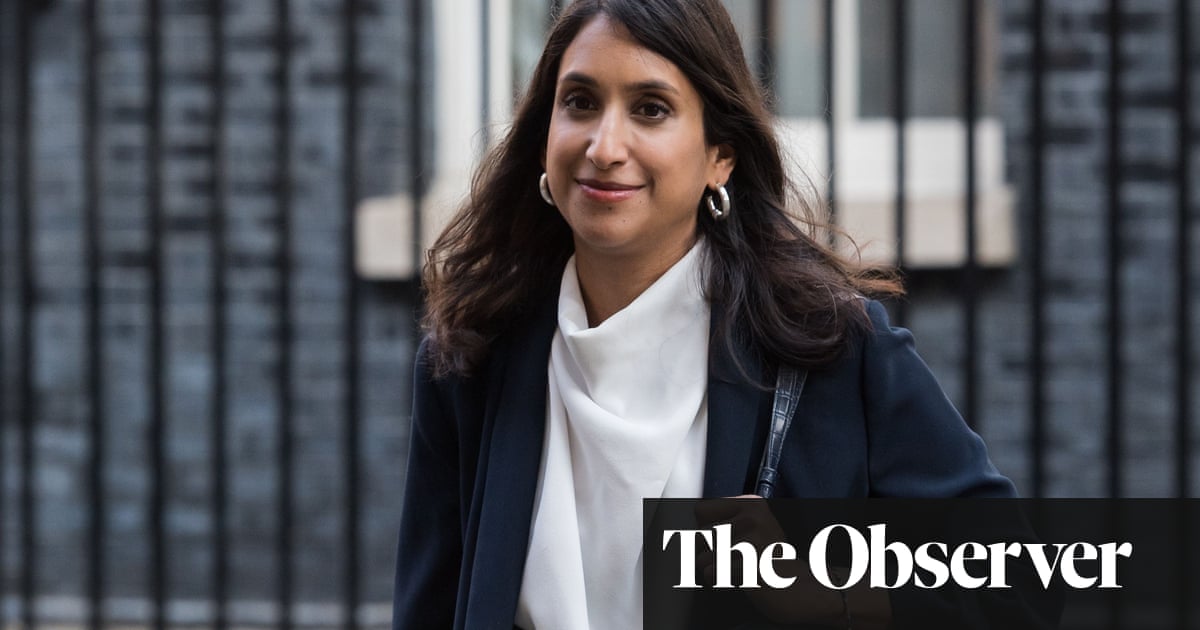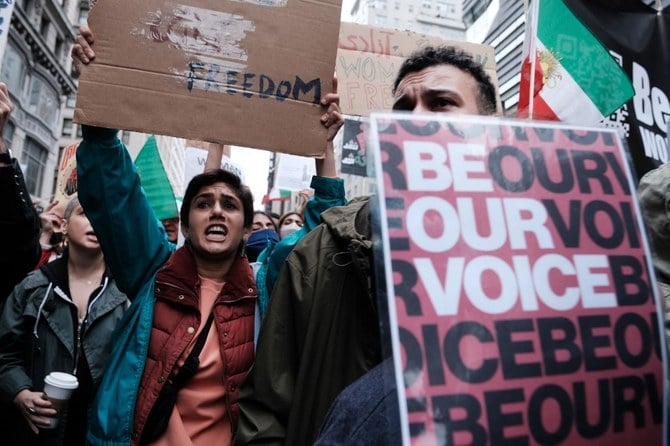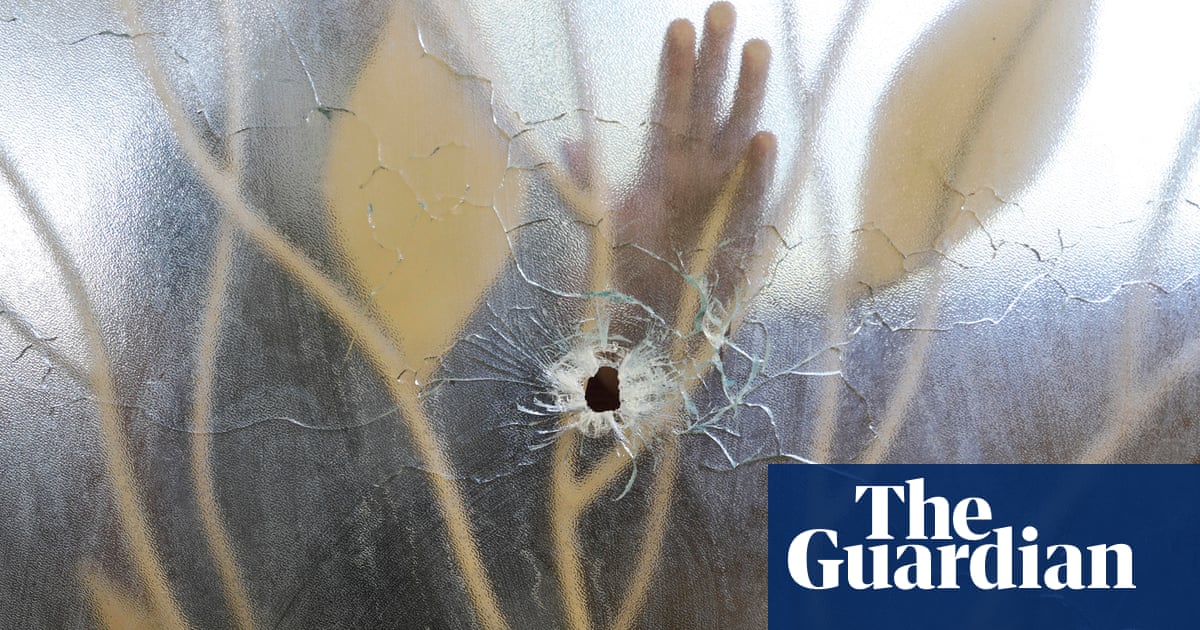
According to the General Authority for Statistics in Saudi Arabia, 33 out of every 1,000 Saudis are disabled.
Some 3.8 percent of men are disabled and 2.8 percent of women, with a total of 720, 000 disabled Saudis in 2017. On a larger scale, a UN report on disability and sports states that women with disabilities often experience double discrimination on the basis of their gender and disability. The report points out that 93 percent of women with disabilities are not involved in sports. In Saudi Arabia, the situation is similar, with very few disabled women enjoying the opportunity to participate in sports.
The infrastructure for male Saudi athletes with special needs is already implemented from a grassroots level and we have produced world champions, such as the football team that has won the last three INAS World Championships. I have no doubt the General Sports Authority is dedicating a lot of its time to women as well, but it is not only the GSA’s job — it is a huge social responsibility that families, businesspeople, and private and public organizations should also support.
The difficulty might begin with the family. This is a barrier for those who come from a family that would prefer to hide its daughter or sister with special needs out of shame or shyness. We need people to discuss this further and increase awareness to help these ladies step out and enjoy an opportunity that might change their life. Whether she has a physical or intellectual disability, there is always an option that will suit her.
Therefore, let us focus on the following five issues: First, the role of families in encouraging and providing emotional support; second, finding the right trainers and coaches; third, cooperation between the Ministry of Education, GSA, disability organizations and the private sector to develop venues suitable for females with special needs; fourth, finding sponsors; and fifth, simply making it fun.
There are already a few success stories in the Kingdom that are worth learning from. One example is in Riyadh, where the Barca Foundation and Shell have run a program called Value Net that has helped 200 women with Down syndrome. Another example is in Jeddah, where the Women’s Deaf and Blind Club is working on opening the first bowling lanes for females with special needs.
Believing in the importance of gender and disability equality requires a huge transformation. If we want to create heroes, we first need to create opportunities to attract them. We need to support the disabled emotionally, financially and technically. We need to recognize their efforts and talent to change their perception of themselves and also society’s perception of what the disabled are capable of.
Finally, and as much as Saudi women were happy to hear about being allowed to compete in sports, let’s now hope they get the chance to compete alongside their peers at the Asian Para Games, which will be held in Jakarta in October.
• Dr. Razan Baker is a member of the board of directors at the Saudi Bowling Federation, a specialist in corporate social responsibility in sports, and a sports columnist/journalist.












